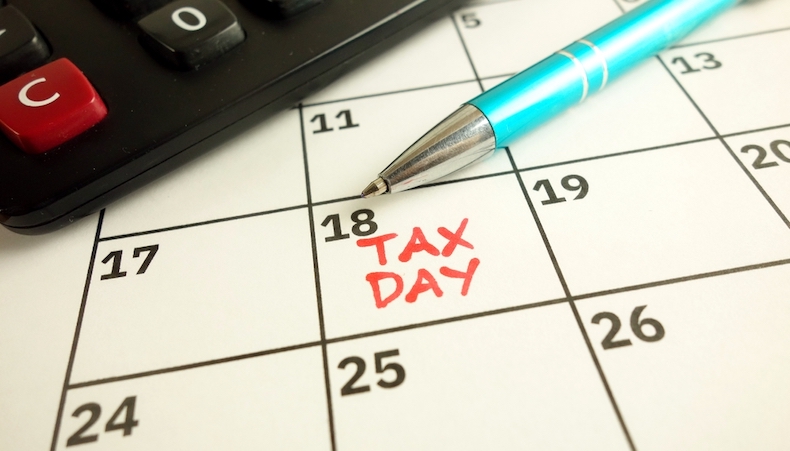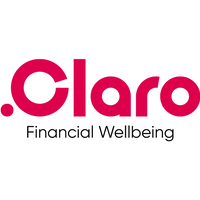7 top financial calendar dates for better employee engagement
An important thing to consider while planning financial wellbeing activities, such as webinars and workshops, is how they align with key dates in the financial calendar.
For many, personal finance can feel quite unpredictable, particularly during the present cost-of-living crisis. But there are, nonetheless, recurring personal finance dates that guide us, and shape our thinking, throughout the year.
There are two main benefits to syncing your financial wellbeing activities to key personal finance dates.
- It boosts your employee engagement. Ensuring your financial wellbeing initiatives align with key personal finance dates that impact your staff will mean people are more likely to engage with your activities. It will help you position your activities as helpful reminders or head starts on challenges your employees would have had to tackle anyway.
- It shows you care and understand your employees. Planning financial wellbeing activities around timely topics signals that you understand the obstacles emloyees face. And you are offering support to help them overcome them.
7 top financial calendar dates for employees
1. Early January: annual train fare hike
Those who commute to work by train or tube will see the cost of getting to work increase. This usually happens in January, although in 2023 the hike was delayed until March.
If you offer travel-related benefits, like seasonal ticket loans or travel subsidies, it’s the perfect time to remind staff of them.
You can also introduce webinars and workshops that help staff manage the higher commuting costs, or offer them access to rewards and discounts schemes that could reduce their daily expenses.
2. 31 January: self-assessment tax deadline
The number of people registered as self-employed rocketed during the pandemic and now sits at 4.3 million, a significant part of the UK working population.
Consider giving employees time to focus on tasks relating to this. For example, Claro Wellbeing runs Finance Fridays – a workshop during which employees can tackle personal finance tasks, while connected to colleagues over a video call.
3. Mid-March: Spring Budget
Twice a year, the UK government outlines new economic measures and changes it plans to introduce. Consider giving your people a breakdown of the key proposals and what they mean for their finances.
4. 6 April: start of the new tax year
The start of the new tax year means a few things to many people.
For savers, it means a fresh ISA allowance and possibly even a fresh ISA to pay into.
So, April can be a great time of year to offer those unhappy with their current method of saving valuable information on the different options open to them.
The new tax year usually means rises in bills, including council tax, water, broadband and even prescriptions. It’s another good opportunity to introduce activities exploring topics like daily spending and managing money.
5. Early September: new academic year
With the kids heading back to school in early September is a great time of year to help parents (and those preparing to become parents) with a bit of financial family planning.
Consider running events around topics on everything from managing monthly family budgets to saving for their child’s future to wills and estate planning.
Financial courses and content are a great way to educate your employees about setting their families up for success in the future.
6. Mid-November: Autumn Budget
Just like the Spring Budget, the Autumn Budget – usually in November – may result in your employees having to think about their personal finances. It can be a time of anxiety and stress, and mean grappling with hard-to-digest detail. It’s a good opportunity to offer another breakdown of any changes and how it could affect workers’ finances.
7. Late November: Black Friday, Cyber Monday (and the run-up to Christmas)
Christmas can be a challenging time of year where people are more likely to overspend.
It’s a good idea to offer employees educational resources at the start of the season, to help them understand the dos and don’ts of credit cards, managing debt, and how to keep spending under control.
In doing so, it’s important to avoid using language that could come across as patronising or even judgemental.
For more key financial dates, download Claro Wellbeing’s personal finance calendar.
Supplied by REBA Associate Member, Claro Wellbeing
A financial wellbeing benefit to support your team where it matters most








